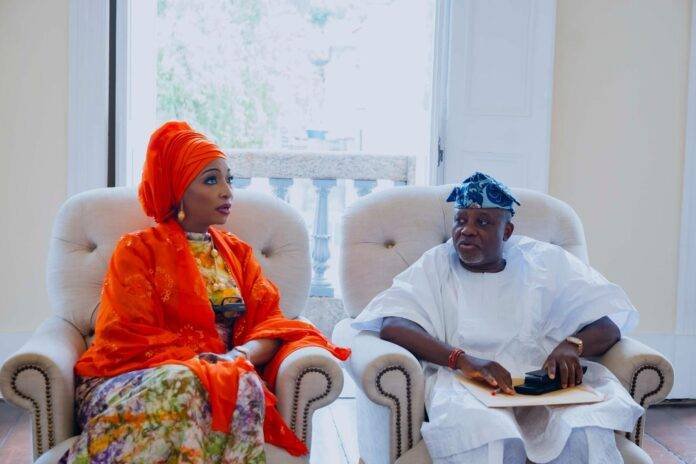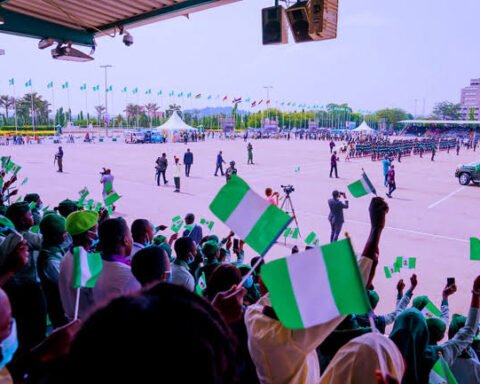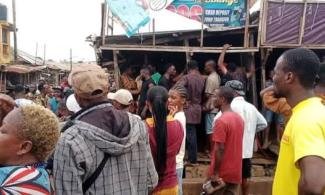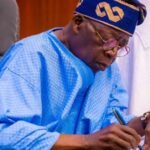The recent visit of Nigeria’s Minister of Art, Culture, Tourism and the Creative Economy, Barrister Hannatu Musa Musawa and the Executive Secretary/CEO, National Institute for Cultural Orientation (NICO), Otunba Biodun Ajiboye to Rio de Janeiro, Brazil has sparked concerns by Afro Brazilians who are calling on the federal government to incorporate them back to their ancestral roots and award them citizenship.
Both the Honourable Minister and Executive Secretary of NICO were part of Nigeria’s delegation to the just concluded G-20 Summit held in Brazil.
During the summit, the NICO boss, according to a press statement by his Media Assistant, Caleb Nor, played the role of a Special Guest at a side event, organized to celebrate this year’s Black Consciousness Month by The African Pride (TAP), a cultural, economic and religious integration platform based in Rio where he received calls on the need for regular convergence of Nigerians living in Brazil at their ancestral home.
The Afro Brazilians whom were of Yoruba descent, precisely Oyo and Ife having been taken into slavery over 500 years, expressed displeasure over their lack of a sense of cultural identity over the years, except for their spirituality are yearning for their return to the only place they see as their home, which is Yoruba land.
Prominent among those who made the calls were Flavia Da Silva Pinto, a spiritual leader and sociologist known for the fight against religious intolerance of African origin which is linked to the history and formation of Brazil. She commended the visit, saying most Nigerians in Brazil have been there for years without getting in touch with their roots.
Her words “We are glad that today, we have a Yoruba President which is very important to us over here in Brazil. It is also important to let you know that most people were kidnapped and brought here as slaves. So we appreciate the good work you are doing, especially the efforts to organize World Orisha Congress aimed at giving the Yoruba centric, a basis for collective spiritual community and commonality”.
Similarly speaking, the Co-founder of TAP, Carolina Morais said beyond the desire of most Nigerians to reconnect to their ancestral home, the visit of the Nigerian delegation to Brazil and presence of the Executive Secretary of NICO to the event, marks an important moment in the relations between Brazil and Nigeria, reflecting the desire to strengthen ties and promote a more robust collaboration.
She disclosed that Africa carries a series of symbols and their meanings, stating that through the visitation and understanding of these spaces, the greatest deepening between the two nations, emphasizing the need for repair can be achieved.

The efforts at synchronizing Nigeria and Brazil saw Otunba Biodun Ajiboye visiting Cais do Valongo, the main port of enslaved landing in America; Instituto dos Pretos Novos (IPN); the exhibition “1897 – Kingdom of Benin” by Osa Seven, a contemporary Nigerian artist and the Museum of History and Culture of Afro Brazilian where he was in company of the Honourable Minister of Art, Culture, Tourism and the Creative Economy, Barrister Hannatu Musa Musawa. The visit to Mercadão de Madureira was informed by the fact that it is a territory marked by the presence of black culture due to the African diaspora, those who crossed the Atlantic leaving, until contemporaneity, the legacy of resistance in the black neighborhood.
Responding to the demands, Otunba Ajiboye pointed out that the President Bola Ahmed Tinubu-led administration remains committed to supporting the movement of returning children from Africa back to Nigeria.
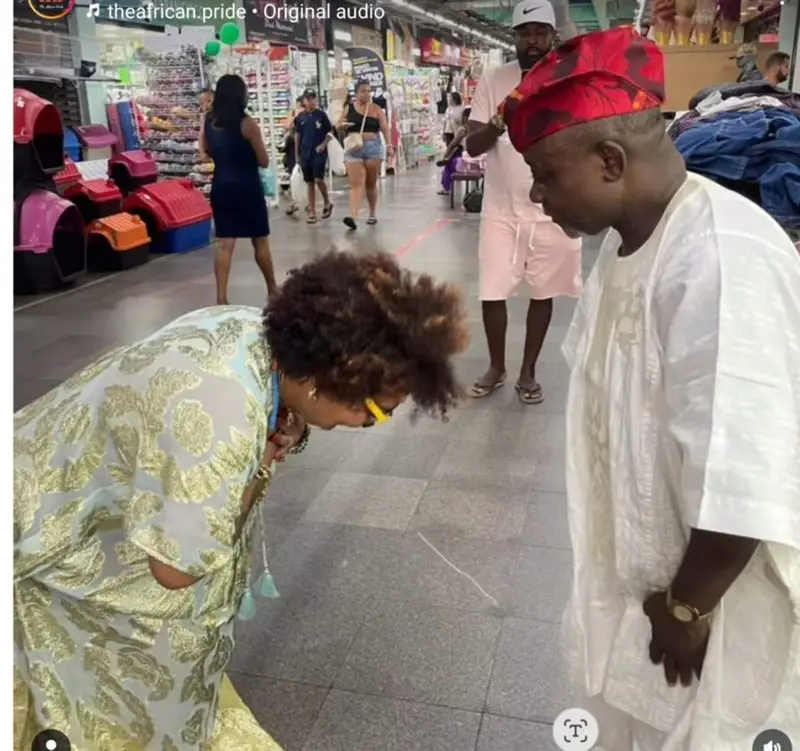
“I stand before you, on behalf of my President, Bola Ahmed Tinubu and my Honourable Minister, Barrister Hannatu Musa Musawa and I greet you all in the name of Olodumare. I can tell you that for the 4-days I have been here, you have told me enough about your emotional demands and request”.
Otunba who gave assurance that their request and demands will be considered by government said he will take the message back home and start working on how they can be incorporated back to their ancestral roots towards reconnecting them to their original cultural background.
